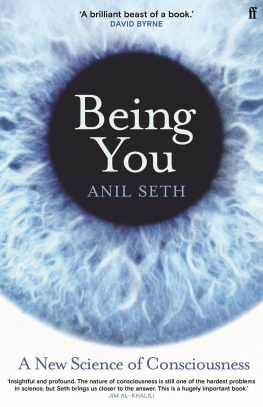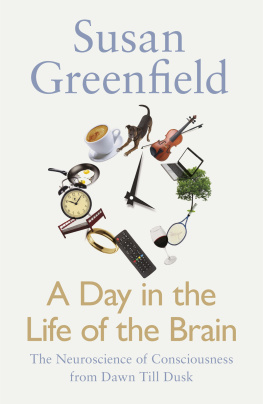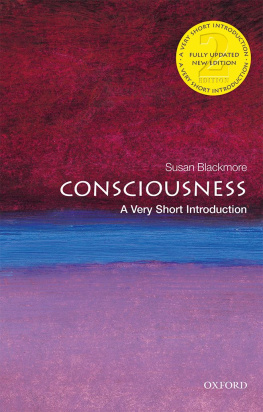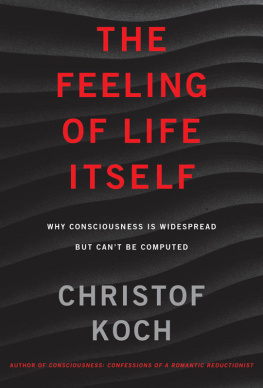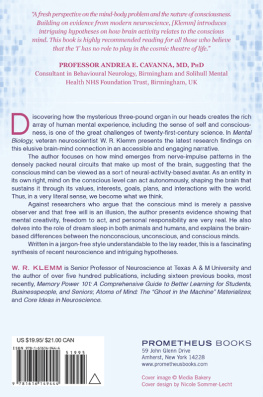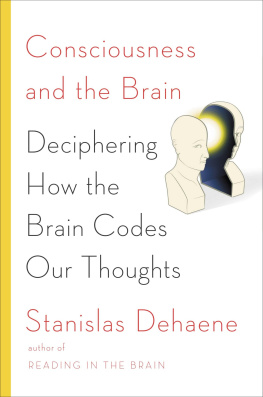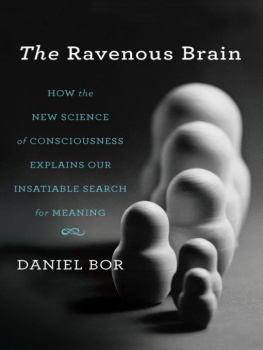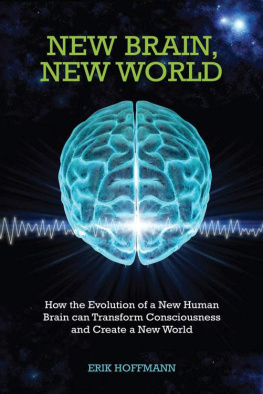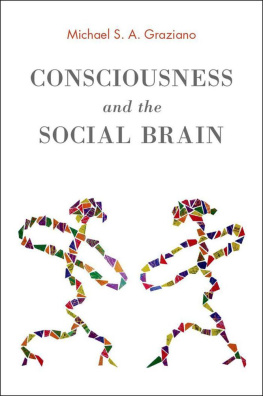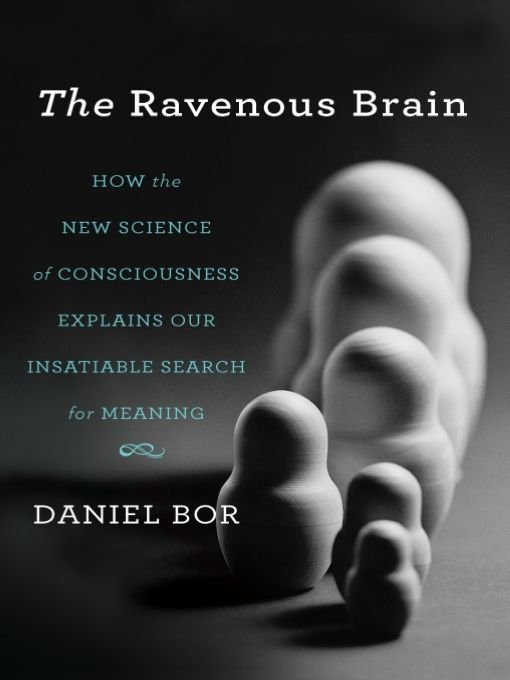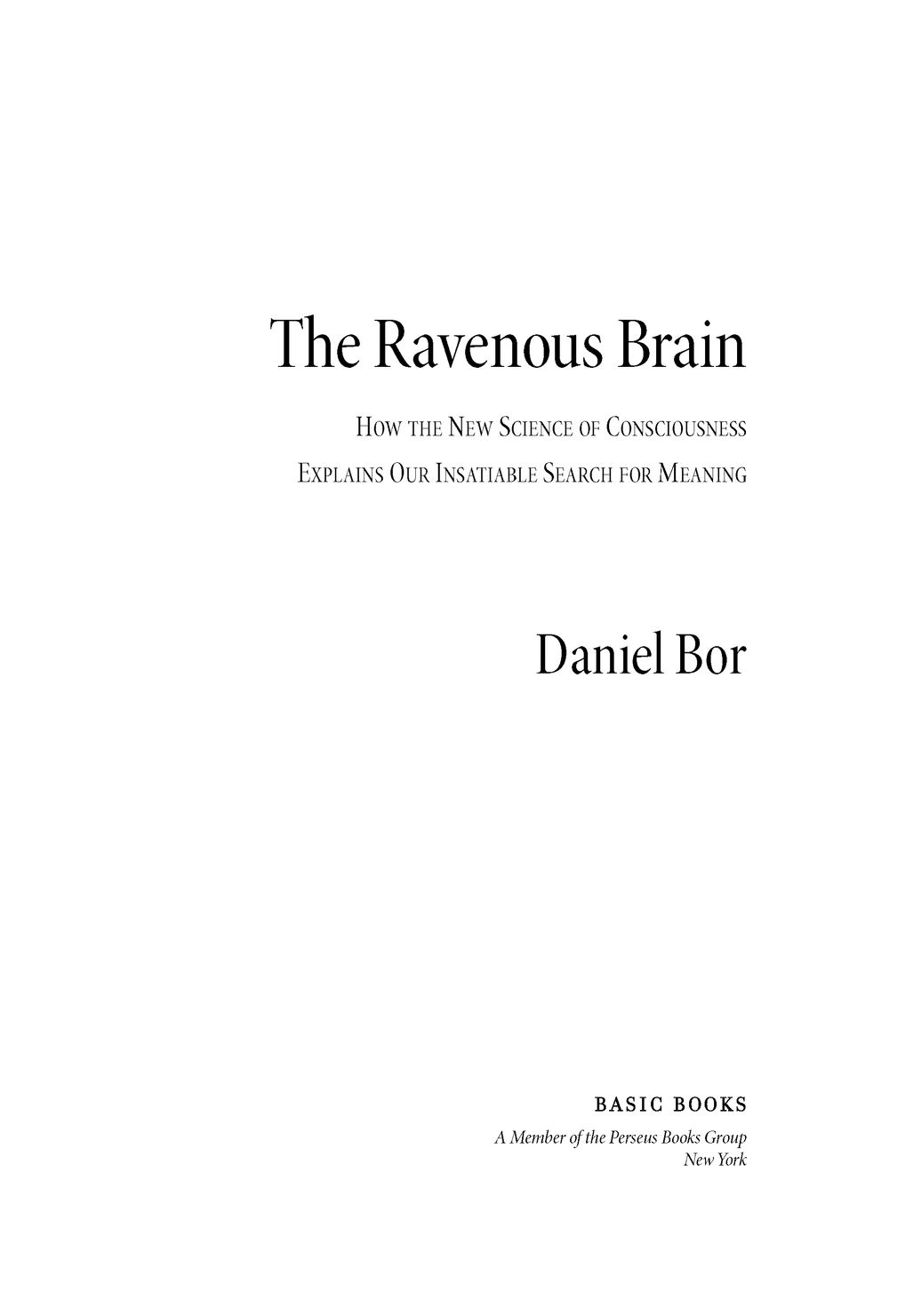Table of Contents
Dedicated to the memory of my father,
Rayle Jonathan Bor, with much love
Introduction
On the night of Thursday, May 8, 1997, my father had a stroke. Id been repeatedly reassured that the stroke was very minor. Nevertheless, when I visited him in the hospital, I felt profoundly disturbed by what I witnessed. This sluggish, exhausted man in front of me looked like my father, but I knew, deep down, that he wasnt.
There were subtle clues that betrayed this impostor. Some changes verged on the comical, such as his newfound obsession for Kit Katshe would eat nothing else for days. Others were more disconcerting. These differences could generally be characterized as a reversion from a sharp, responsible man into a confused child. Even more bizarrely, his attitude toward me would radically alter depending on whether I sat on the right or left side of his bed. When I sat on his right, he would take an interest in me, and wed have a semi-coherent conversation. When I went instead to his left, it was as though I wasnt in the room. He simply wasnt aware of my presence.
I found myself morbidly wishing that hed suffered a mild heart attack instead of a stroke. Then, at least, my dad would still be alive, as my dad. As it was, if this situation persisted, a portion of my father would already have died, and every time he spoke, I would be reminded of that fragment of his identity that was lost.
Amid my sense of shock at this new person that wasnt Dad, and my chest-gripping anxiety that he would never fully recover, I couldnt help examining his symptoms dispassionately. My fathers stroke had struck a few weeks before my university finals. I was studying philosophy and biological psychology, and consciousness was a hot topic in both fields. On the one hand, I was revising elegant philosophical arguments proposing that consciousness was nonphysical and had little to do with brains. On the other hand, I was poring over the evidence for whether consciousness lay in this cortical region or that, and learning the details of neglectthe common stroke condition my father showed by ignoring the left side of space.
Sitting by my fathers bedside, I felt sure that the esoteric philosophical position was alienso mistaken as almost to be offensive. Here was a man I loved dearly, robbed of his identity because a small clot on his brain had potently wounded his consciousness. Of course consciousness is a physical thing, I thought, as I sat on his left, achieving the painful magic trick of turning invisible. I didnt exactly know why the philosophical arguments were flawed, or which brain theory of consciousness was most compelling at the time, but I did know which road I wanted to take to find out.
Although previously I was considering a PhD in the philosophy of mind, now there was no contesta PhD in the neuroscience of consciousness it was. Soon afterward, I was accepted to study this at the University of Cambridge. Ive been investigating this and related fields ever since, mainly at Cambridge, but also recently at the newly opened Sackler Centre for Consciousness Science at the University of Sussex. From the first painful glimpse of my fathers fractured consciousness, I understood how vital and fundamental this field is, but over the years Ive increasingly discovered its fascinating and far-reaching twists and turns. Now I want to share each of these facets with you.
There is nothing more important to us than our own awareness. We see the breathtaking beauty of snowcapped mountains, the exhilarating grace and speed of a cheetah on a hunt. We hear melodic birdsong in our gardens. We fall in love, or experience the joy of our childs first smile. We compose and appreciate music, art, and literature. We talk and laugh with our friends and family. All these, and everything else we care about, are conscious events. If none of these events were conscious, if we werent conscious to experience any of them, wed hardly consider ourselves aliveat least not in any way that matters.
When Im reveling in a glowing pleasure, or even if Im enduring a sharp sadness, I always sense that behind everything there is the privilege and passion of experience. Our consciousness is the essence of who we perceive ourselves to be. It is the citadel for our senses, the melting pot of thoughts, the welcoming home for every emotion that pricks or placates us. For us, consciousness simply is the currency of life.
However, the scientific study of consciousness, for most of its existence, claimed the prize for the most vital, intimate, meaningful topic with the smallest research interest. Never before have we come within touching distance of understanding the history of our universe, its shape and form, the laws that govern every sparkling star and every dancing atom. Never before have we realized that within every cell in our bodies there lies, coiled up, the code that both defines us and connects us with all life on this planet. All of our wonderful toys of technology and all of our shining scientific discoveries have conscious endeavor to thank for their existence. Yet, until only a couple of decades ago, virtually no one was interested in the science of consciousness, and very little was understood about how the brain generates our experiences.
Historically, it was not scientists who grappled with the conundrum of consciousness, but philosophers. Nearly four hundred years ago, Descartes asserted that consciousness was an entirely personal, subjective entity, impenetrable both to the physical sciences and the minds of other people. When I listen to a Beethoven piano sonata, the sounds I hear, the way that the notes move me, is something that I can only ever imperfectly communicate via the crude medium of words. No one else can ever truly know what I experienceat least thats what many people assume. The peculiarity and power of this observation is highlighted when consciousness is contrasted with any physical entity. Take any object one would care to name, from a subatomic particle to a brick to a star: Thousands of people all could, in principle, explore the same object from different angles, yet uncover an identical set of facts about it. For consciousness, it seems that there is no objectivity. Nor are there multiple viewpoints: There is only one viewpointmine.
Modern philosophers have expanded on this foundation, providing arguments for the position that consciousness is elevated beyond the pedestrian whirrings of our brains. Similarly, they claim that the sumptuous, varied menu of feelings and knowledge we experience simply cannot be reduced to some tawdry computer or machine. I begin this book by addressing these stances, rooted in history. Theres no denying their intuitive and emotional appeal, but this should always be trumped by the picture that the empirical evidence paints. Indeed, when the light of science shines with forensic detail on this set of philosophical positions, their seeming validity dissolves. Instead, I argue, the most plausible view is that consciousness is a product of the brain, which is a form of computer.
Placing consciousness within the framework of a computational brain suggests a connection between awareness and information processing, since data analysis is the overriding purpose of our inner neuronal world. This general context also implies that our capacity to experience might have an evolutionary heritage, just as our neural machinery does.


